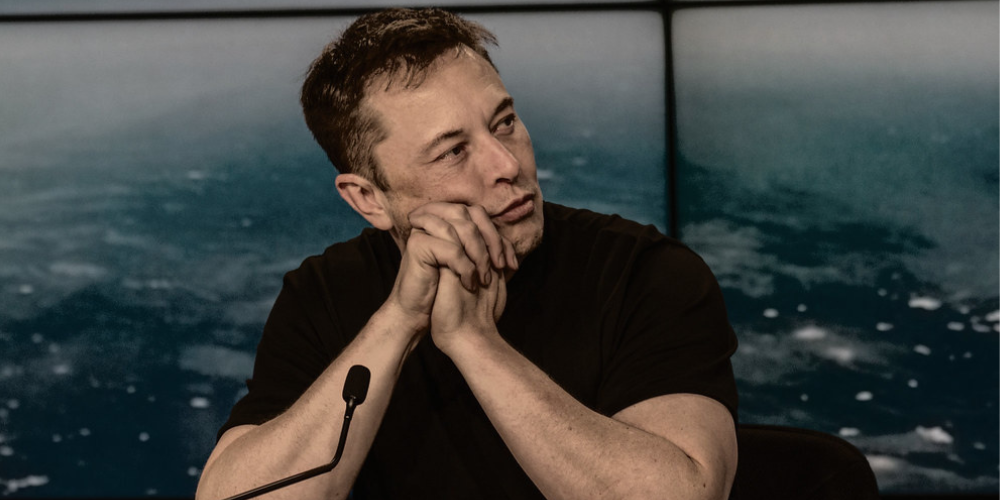Censorship Requests on the Rise: Twitter Compliance Under Elon Musk's Leadership
- May 31, 2023
- 435

Elon Musk's recent takeover of Twitter has led to an increase in compliance with government censorship requests, sparking debate over the platform's commitment to free speech. A shift in the approach to these requests has been evident since Musk's intervention, creating a distinct change from the previous management's response to government requests for restriction of speech on the platform.
Statistics indicate a higher rate of compliance under Musk's leadership, with 971 requests received from governments, compared to 338 within the six-month period between October 2021 and April 2022. Out of these, Twitter has fully acceded to 808 requests and partially acceded to 154. This demonstrates a compliance rate of 83%, as opposed to the 50% rate observed in the previous year. This shift in stance raises questions about the driving factors behind these decisions and their impact on the platform's values.
Elon Musk has justified this change by explaining that Twitter is legally bound to follow the laws of each region, and compliance is necessary to maintain access to the platform for users in these areas. This reasoning does hold merit, as previous instances of non-compliance with government requests have resulted in temporary bans or conflicts with local authorities. However, such an increase in compliance could be seen as conflicting with Musk's advocacy for free speech and open communication on the platform.
While Elon Musk's assertion that Twitter must align with local laws is valid, the platform has historically demonstrated its capacity to challenge these requests when they may infringe on free speech rights. Twitter has occasionally taken legal action against such requests, potentially putting the platform at risk of local bans. Musk's response to government censorship requests seems to prioritize maintaining access to the platform, even at the cost of limiting free speech in some cases.
In conclusion, the marked increase in compliance with government censorship requests since Elon Musk's takeover of Twitter has raised concerns and questions about the platform's commitment to protecting free speech. While Musk's rationale for increased compliance can be understood from a legal standpoint, it remains to be seen how this approach will ultimately shape the future of Twitter and the values it represents in the realm of digital communication and freedom of expression.